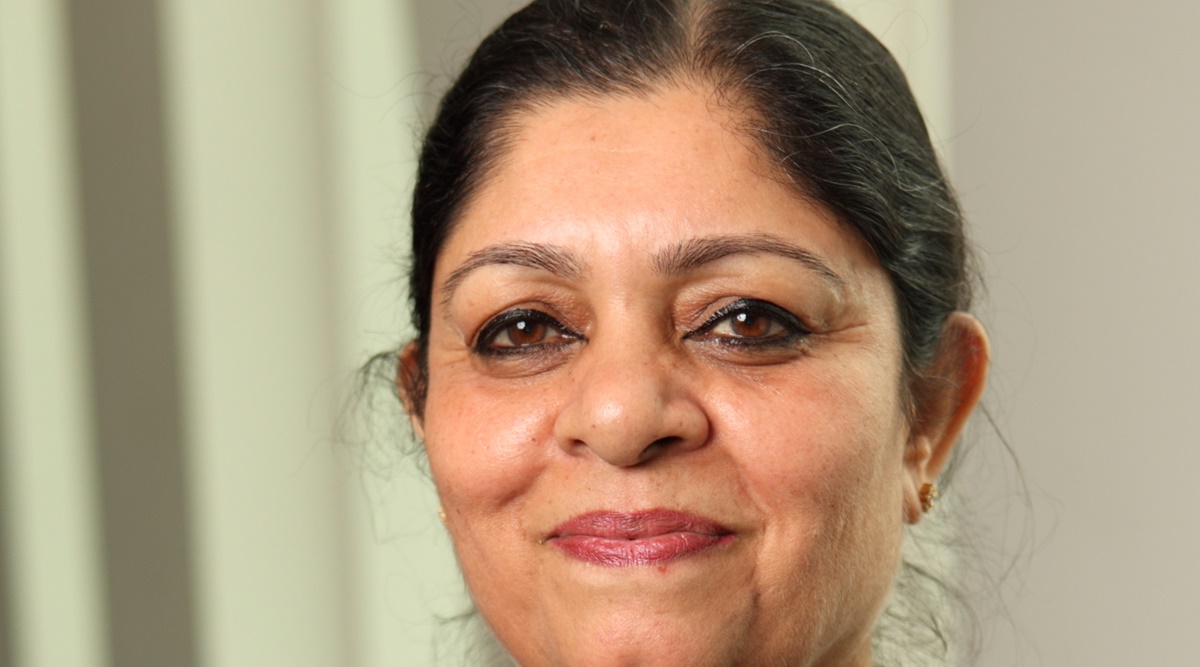
Subsidised testing, treatment, and vaccination, along with uninterrupted essential health services for the most vulnerable, will help fight the pandemic according to Poonam Muttreja, public health expert and executive director of national NGO Population Foundation of India.
A lack of awareness and reluctance to submit to testing, treatment, and vaccination makes the rural population more susceptible to COVID-19, Muttreja said. The problem is compounded by the fact that medical infrastructure is concentrated in urban areas Community Health Centers (CHCs) are not always easily accessible, she said.
– Stay updated with the latest Pune news. Follow Express Pune on Twitter here and on Facebook here. You can also join our Express Pune Telegram channel here.
“With only five hospital beds per 10,000 population and 8.6 physicians for every 10,000 people, we are grossly underprepared for a crisis of this size. It is critical that the government urgently implements short- and long-term measures that can strengthen rural health systems to address some of these challenges,” she said.
“There is an urgent need for surveillance and testing in rural areas to ensure early detection and diagnosis. Strengthening alternate models for outreach services that leverage technology-based solutions, such as the Government of India’s e-Sanjeevani programme, which provides online OPD services to patients in their homes, could be critical to saving lives,” Muttreja said.
Central to COVID-19 efforts are awareness and sensitization campaigns on the use of masks, physical distancing, handwashing, and vaccine hesitancy. Social and behavior change communication campaigns are critical to promoting preventive and COVID-appropriate behaviors, and addressing myths and misconceptions around the disease. Moreover, campaigns to dispel myths and fears around the COVID-19 vaccines will ensure vaccine uptake in rural areas, protecting millions from severe effects of the disease, she said.























